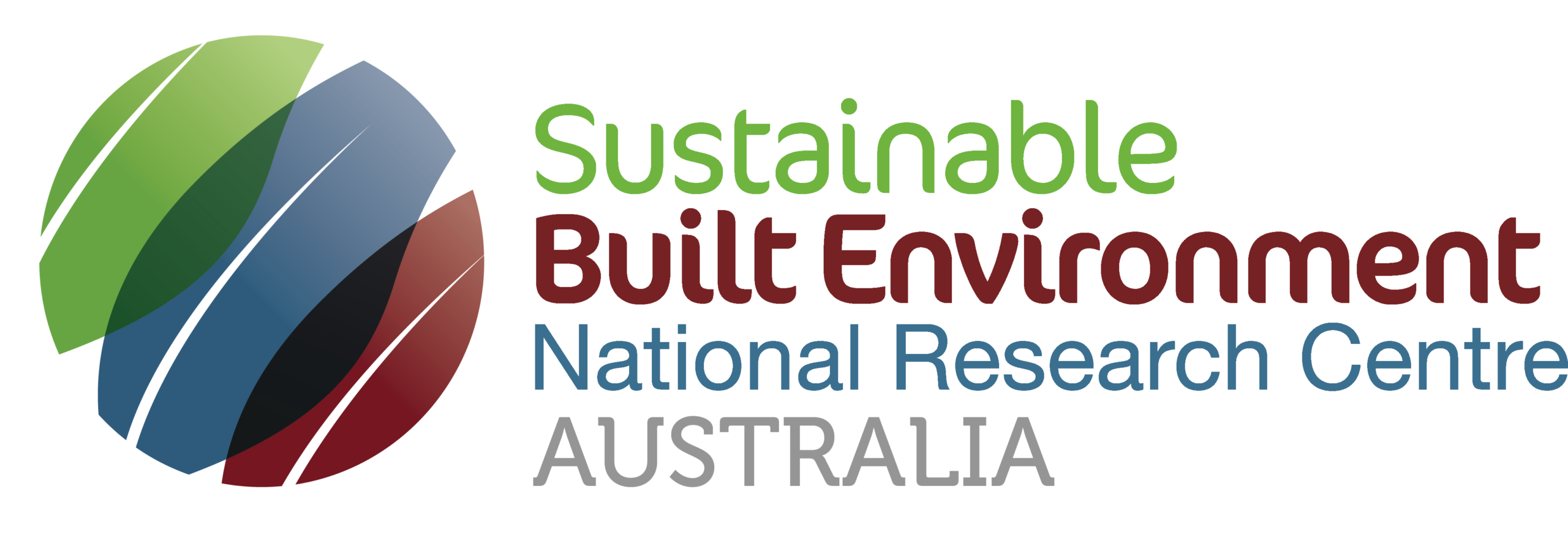
2.32 Challenges for the FIFO/DIDO Workforce: Impacts on Health, Safety, and Relationships

Project Number
2.32Round
Round 3Date
March 2013 - September 2015Research Team

Project Steering Group Chair
Lea Slade, John Holland

Project Leader
Professor Herbert Biggs
PhD(Massey) BA(Hons)(Qld) A/DipRehabCouns(Syd) MAPS MRCAA
h.biggs@sbenrc.com.au
Documents for Downloading
Conference Papers
An Occupational Study of the Mental Health of FIFO/DIDO Construction Workers, International Conference on Innovative Production and Construction (IPC 2016) 3-5 October, Perth, Australia
Last Updated: 2024-08-06 14:45:57
Australia is experiencing a rising trend in the use of fly-in, fly-out (FIFO) or drive-in, drive-out (DIDO) workers within the construction sector associated with the resource extraction industry. Previous research aiding to understand the implications associated with this unique workforce has been limited, and as the workforce continues to expand rapidly, industry is faced with many new challenges for the safe management of this workforce. The complexity of this workforce covers a range of factors including roster design, shift work, working hours, performance, satisfaction, turnover, wellbeing, relationships and community issues.
There is growing evidence of unacceptable rates of turnover in the order of 35-45% in the construction and infrastructure FIFO/DIDO workforce. In addition there is evidence in exit interview that workers are leaving this workforce because of an inability to balance work and life demands, a feeling of isolation, and roster and work demands. There are urgent economic, and psychosocial reasons to understand the detrimental challenges of the FIFO/DIDO work environment and seek to reduce their effects.
This proposed research will seek to understand better the relationship between workplace requirements and personal and social relationships for the construction FIFO/DIDO workforce, assess the consequent impacts on workplace factors of health, safety and productivity and personal and family relationships, and recommend more effective next practice.
Objectives
Key objectives include:
- Understanding more clearly how employee family relationships are affected by the FIFO/DIDO working environment and investigating solutions
- Investigating the psychosocial health implications for construction employees in a FIFO/DIDO working environment and seeking recommendations for change
- An Assessment of the impact of FIFO/DIDO travel on workplace health and safety incidents
- An examination of rosters, shifts, work hours, job design and productivity demands and how to best design a safe, healthy, and productive work environment for FIFO/DIDO employees.
Industry Outcomes
The outcomes of this research could be used to design more effective, safer and healthier workplace activities including optimum rosters and shifts and more effective job re-design. More innovative and apt family and social support structures could be developed. This could include more realistic job previews for intending FIFO/DIDO workers and their families, and accessible and ongoing support services for home communities. Employers may improve their recruitments and selection processes to target best fit employees and reduce turnover as well as re-aligning shifts, rosters, and re-designing jobs for better OH&S outcomes.
Previous SBEnrc Project 2.1 Safety Impacts of Alcohol and Other Drugs in Construction also produced a Safe Construction Website training module introducing options to reduce alcohol and drug-related risks in the workplace: https://www.safeconstruction.org.au.













